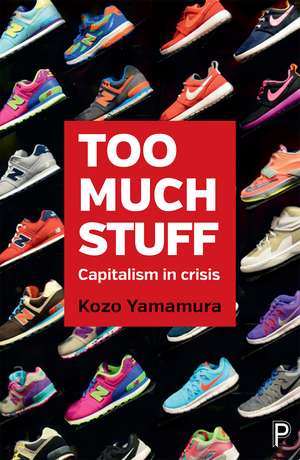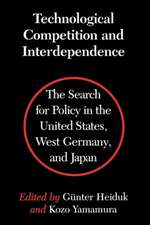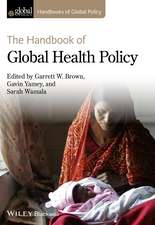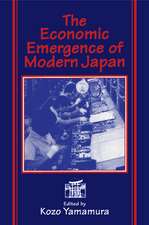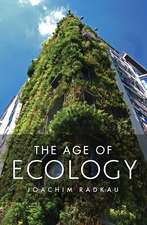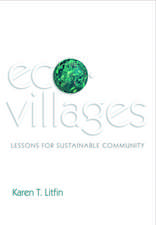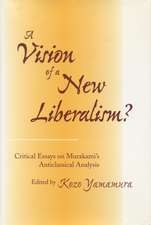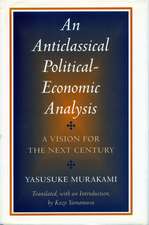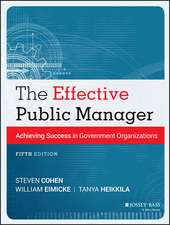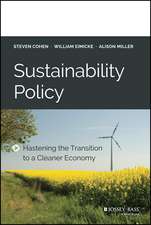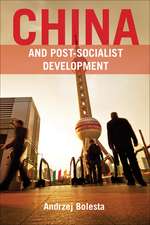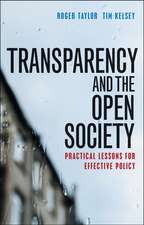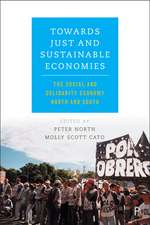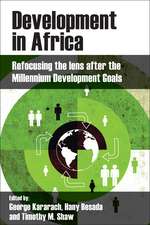Too Much Stuff: Capitalism in Crisis
Autor Kozo Yamamuraen Limba Engleză Hardback – mar 2017
Where has capitalism gone wrong? Why are advanced capitalist economies so sick, and why do conventional policy solutions—such as reduced taxes and increased money supply—produce only wider income disparity and inequality? We are now living in a new world in which a majority of people enjoys the highest living standard in history, acquiring more and more goods and services as necessary luxuries. But as Kozo Yamamura shows, despite our apparent lust for gourmet food and designer clothes, for larger homes, the latest gadgets, and exotic vacations, demand for these goods actually grows slowly, so relying on them to reinvigorate our economies will not succeed.
With Too Much Stuff, Yamamura upends conventional capitalist wisdom to provide a new approach. He calls for increased tax-funded demand to address a range of societal needs—such as environmental concerns, social safety nets, infrastructure, and better education and housing for all. By addressing these needs, argues Yamamura, we can also take huge steps toward reducing the growing wealth gap that threatens global democracy. Both solutions-oriented and accessibly written, this book draws on fascinating case studies from the United States, Japan, and Germany, as well as convincing evidence from across the Western world, to suggest practical steps forward that we can all understand and support. Too Much Stuff boldly challenges the economic orthodoxy and, in so doing, challenges us to think outside the box for the betterment of all.
With Too Much Stuff, Yamamura upends conventional capitalist wisdom to provide a new approach. He calls for increased tax-funded demand to address a range of societal needs—such as environmental concerns, social safety nets, infrastructure, and better education and housing for all. By addressing these needs, argues Yamamura, we can also take huge steps toward reducing the growing wealth gap that threatens global democracy. Both solutions-oriented and accessibly written, this book draws on fascinating case studies from the United States, Japan, and Germany, as well as convincing evidence from across the Western world, to suggest practical steps forward that we can all understand and support. Too Much Stuff boldly challenges the economic orthodoxy and, in so doing, challenges us to think outside the box for the betterment of all.
| Toate formatele și edițiile | Preț | Express |
|---|---|---|
| Paperback (1) | 109.10 lei 3-5 săpt. | |
| Bristol University Press – 20 mar 2018 | 109.10 lei 3-5 săpt. | |
| Hardback (1) | 162.71 lei 3-5 săpt. | |
| Bristol University Press – mar 2017 | 162.71 lei 3-5 săpt. |
Preț: 162.71 lei
Nou
Puncte Express: 244
Preț estimativ în valută:
31.14€ • 33.81$ • 26.16£
31.14€ • 33.81$ • 26.16£
Carte disponibilă
Livrare economică 01-15 aprilie
Preluare comenzi: 021 569.72.76
Specificații
ISBN-13: 9781447335658
ISBN-10: 1447335651
Pagini: 176
Dimensiuni: 127 x 197 x 28 mm
Greutate: 0.45 kg
Editura: Bristol University Press
Colecția Policy Press
ISBN-10: 1447335651
Pagini: 176
Dimensiuni: 127 x 197 x 28 mm
Greutate: 0.45 kg
Editura: Bristol University Press
Colecția Policy Press
Notă biografică
Kozo Yamamura (1934-2017) was the Job and Gertrud Tamaki Professor of Japanese Studies and professor of economics at the University of Washington. He also worked at universities in the United States, Japan, Germany, and France. He is the author or editor of twenty-five books, many focused on the Japanese economy and economic history, as well as several on comparative economic institutions and policy.
Recenzii
“Wandering through six shiny floors of Berlin’s KaDeWe in 1999, Yamamura wondered whether slowed growth and rising spending on 'necessary luxuries' could be connected. Here, he surveys the designer apocalypse: 'ultra-easy monetary policy' and negative interest rates; rising inequality and Thomas Piketty’s rentier theory; US stagnation and legislative gridlock; Japan’s 'lost years' and Abenomics; and unified Germany’s divided nation. But there’s still time (if only just) for a 'third systemic change': increased tax revenues and reform of economic institutions, and a growth policy focused on qualitative change. A post-Brexit/Trump afterword adds bleakly that it is 'surreal that . . . we are still debating pro-investment fiscal and monetary policies in the developed economies.'”
"An accessible and clearly written book for anyone with an interest in economics who is wondering 'where next' for government economic policy."
“In our world of ‘necessary luxuries,’ incorrect investment incentives, disparate and worsening income distribution, this cogent, important, skeptical, provocative analysis proposes what must change in the United States, Japan, Germany, and elsewhere.”
“A bold and heterodox diagnosis of capitalism’s illness and a bracing prescription: It’s time for government to invest in basic needs, rather than encouraging us to make and buy growing mounds of junk. We will be talking about this book for years.”
“A timely and urgent read given that western economies are at a political and environmental tipping point.”
“A compelling argument for a fairer, smarter form of capitalism which prioritizes spending on public goods like health, infrastructure, education, and the environment. At a time of sharpening political and economic divides, this book is a must read.”
“This book is right on time: the leading post-WWII economies are losing economic momentum and facing threats to their democratic institutions. Yamamura demands a prompt systemic change of the capitalist system in order to revitalize growth and secure democracy.”
